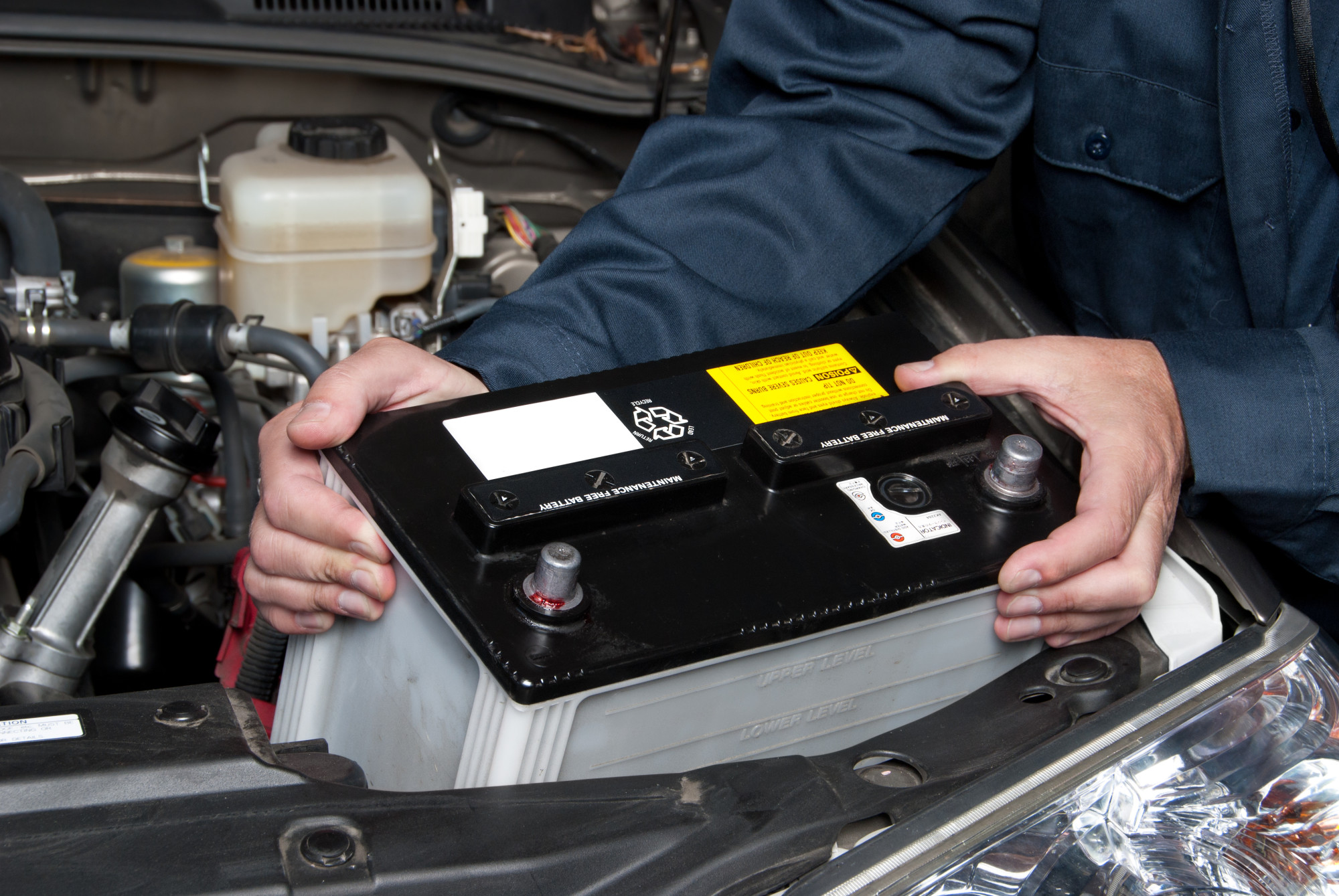
Car batteries can last 2 to 6 years depending on a variety of factors. No matter how much time you squeeze out of yours, it’s eventually going to kick the bucket. When it does, what are you going to do?
Buy a new battery of course!
Unfortunately, buying a new battery isn’t as simple as waltzing into the battery store and just pulling a unit off of a shelf. Car batteries leverage different kinds of technology to retain their charges and output power. They also come in different sizes and possess unique features that can be beneficial depending on your climate.
Bottom line, you’re going to have to do a little bit of homework to make sure that you buy the right car battery. This brief car battery guide can help!
1. Size Matters
Wouldn’t it be great if vehicles used a one-size-fits-all battery? It would certainly make shopping a lot easier…
Since one-size-fits-all batteries haven’t crashed the market yet, you need to understand what your car’s “battery grouping” is in order to purchase a unit that fits in your battery tray.
Group sizes range from 24 to 65 and knowing which grouping you’re in is as easy as cracking open your car’s manual. Don’t have your manual? Look up your car’s make and model online to determine its grouping number.
2. Understand the Importance of Age
New batteries aren’t always new. One of the intricacies of car batteries that any good car battery guide will clue you in on is that a battery’s “manufacture date” can have a big impact on performance.
You’ll want to make sure that your battery wasn’t manufactured more than 6-months prior to your purchase date to ensure that you’re going to get the most out of it. Your battery’s manufacture date can be found on its body.
3. Pick a Brand
In a perfect world, you’d just buy a battery from whichever company is specified in your car’s manual. If there’s a great deal going on that’s making another brand look attractive though, feel free to shop around.
Just make sure that the brand you buy is well-reviewed and is fully compatible with your car’s engine. For example, no matter how many benefits of lithium batteries there are, if you were to put one in a car that only accepts acid batteries, you could damage your engine.
4. Shop for a Good RC Rating
RC stands for “reserve capacity”. That number on a battery tells you how long it can keep a car going if its alternator fails. Getting a battery with a high RC rating could prove very valuable in an emergency situation.
5. Keep Cold Weather Considerations in Mind
If you’re driving your car in a cold area, pay special mind to your battery’s CCA figure. CCA (cold crank amps) lets you know how reliable your battery is going to be when starting up your engine in below-freezing weather.
The higher the number, the better your battery will perform.
Keep Our Car Battery Guide in Mind and Start Shopping
Now that our car battery guide has briefed you on battery basics, take what you’ve just learned and walk into your local auto parts store with confidence. Armed with our tips, you’ll be able to ask the right questions and walk away with the perfect battery for your four-wheeled friend.
For more advice on all things cars, check out additional content right here on our site!
